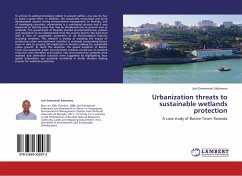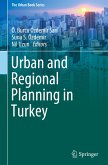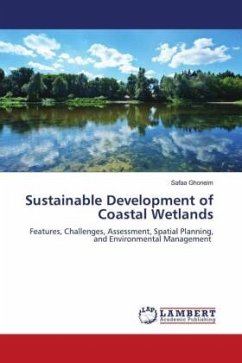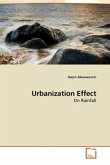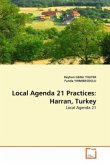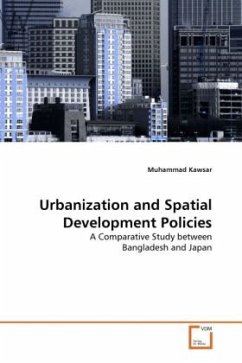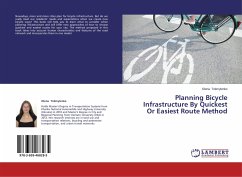Nowadays cities develop either urban sprawl and population or technologic progress. Both urban agglomeration and industrial improvement and services increment cause to deteriorate natural areas. Wetlands are important reserve areas for next generations. This book consists of six chapters. They are introduction and problem statement, management of wetland areas, implementation, case studies, land use model of case studies and conclusion. This book suggests a conservation method and settlement appropriateness for maintain wetlands. This book evaluates land use planning is a tool for controlling urban sprawl. Buffer zone method is constituted so as to conserve wetlands. Highlight is this book contains comparison of two case study areas; and in conclusion part a generalization method was suggested in order to use this method to the other wetland areas which are affected from urbanization pressure. This book addresses city and regional planners, landscape architects, environmental planners who interest ecological planning and conservation of wetlands. This book will become central interest not only scientific persons and students but also politicians and other decision makers.
Bitte wählen Sie Ihr Anliegen aus.
Rechnungen
Retourenschein anfordern
Bestellstatus
Storno


